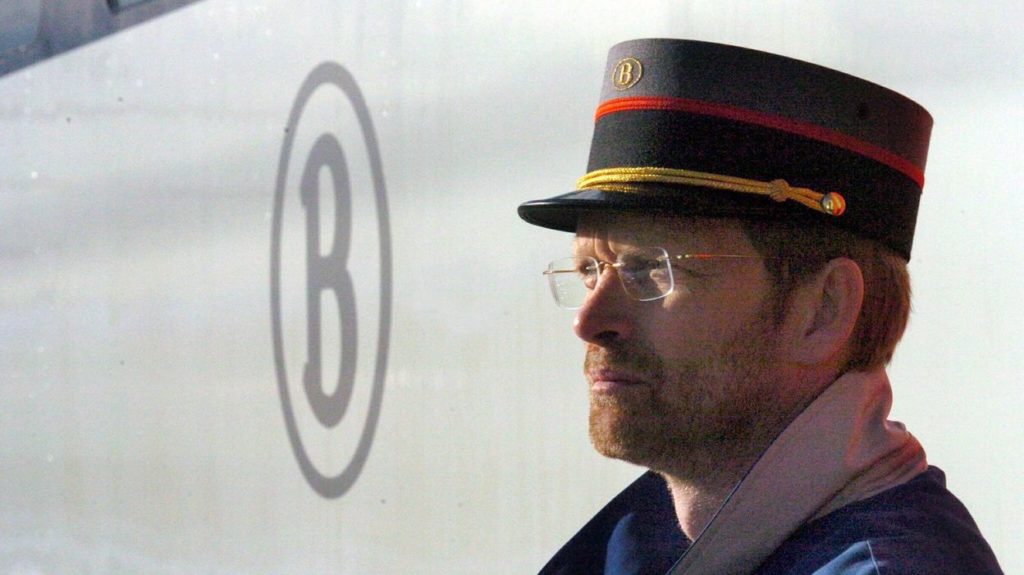In a move to make the job of train guards easier, customers will no longer be able to buy tickets using cash when already on board SNCB trains. The change will come into force at the start of May. SNCB is already making a push for ticket inspection to be done before passengers board its trains, following a wave of verbal and physical abuse directed against staff onboard its services.
The decision has received mixed reactions, with some seeing it as a necessary step to avoid heated arguments over unpaid tickets; others are critical of the phasing-out of cash in a country rapidly adopting digital payment methods.
For its part, SNCB is clear: passengers should purchase tickets in the station before boarding their train. Cash payments are still accepted at SNCB ticket vending machines and at ticket offices. Buying tickets onboard the train should be a last resort, as the buyer is forced to incur an additional “on-board fare supplement” of €9. However, some are still willing to pay this additional fee, adding to the burden of work for train guards.
Going cashless will mean that attendants no longer have to keep a reserve of cash and petty change with them at all times. This also lowers the risk of theft and fewer violent incidents over unpaid tickets. Indeed, almost half of the 2,000 annual assaults against SNCB train guards result from arguments over payment.
Currently, less than 2% of tickets are sold onboard trains, either by cash or card. Half are sold at ticket vending machines, and around a third online or through the SCNB application. SNCB has ramped up surprise ticket controls on the platforms on many stations. Passengers are expected to show their pre-purchased ticket before boarding, perhaps signalling an eventual end to onboard ticket sales in the future.
Is cashless really better?
Nevertheless, not all people are thrilled about the move to tighten conditions for ticket sales onboard SNCB trains. Firstly, staff in Namur denounced the decision's sudden announcement and lack of internal communications from management. The SNCB’s own analysis states that the change will have little practical impact on staff, but some train attendants and civilians worry that the proposal risks leaving some passengers behind.
Related News
- 'Train class warfare': First-class criticism dismissed by €35 million annual profit
- Belgian train tickets to become 9% more expensive from 1 February
Digitally disadvantaged people, such as the elderly, young people without access to a bank account, tourists, or even some migrants may be negatively impacted by the switch to exclusively digital payments onboard SNCB trains. Furthermore, eliminating cash is not certain to eliminate disputes over ticket payment and may even lead to new arguments about the refusal of staff to accept customers’ cash.
In a comment to Belgian daily newspaper Le Soir, Federal Minister for Mobility Georges Gilkinet assured that “if a traveller does not have a means of payment on board, the attendant can give him a slip asking him to pay for his ticket later at the same price as on board.”

